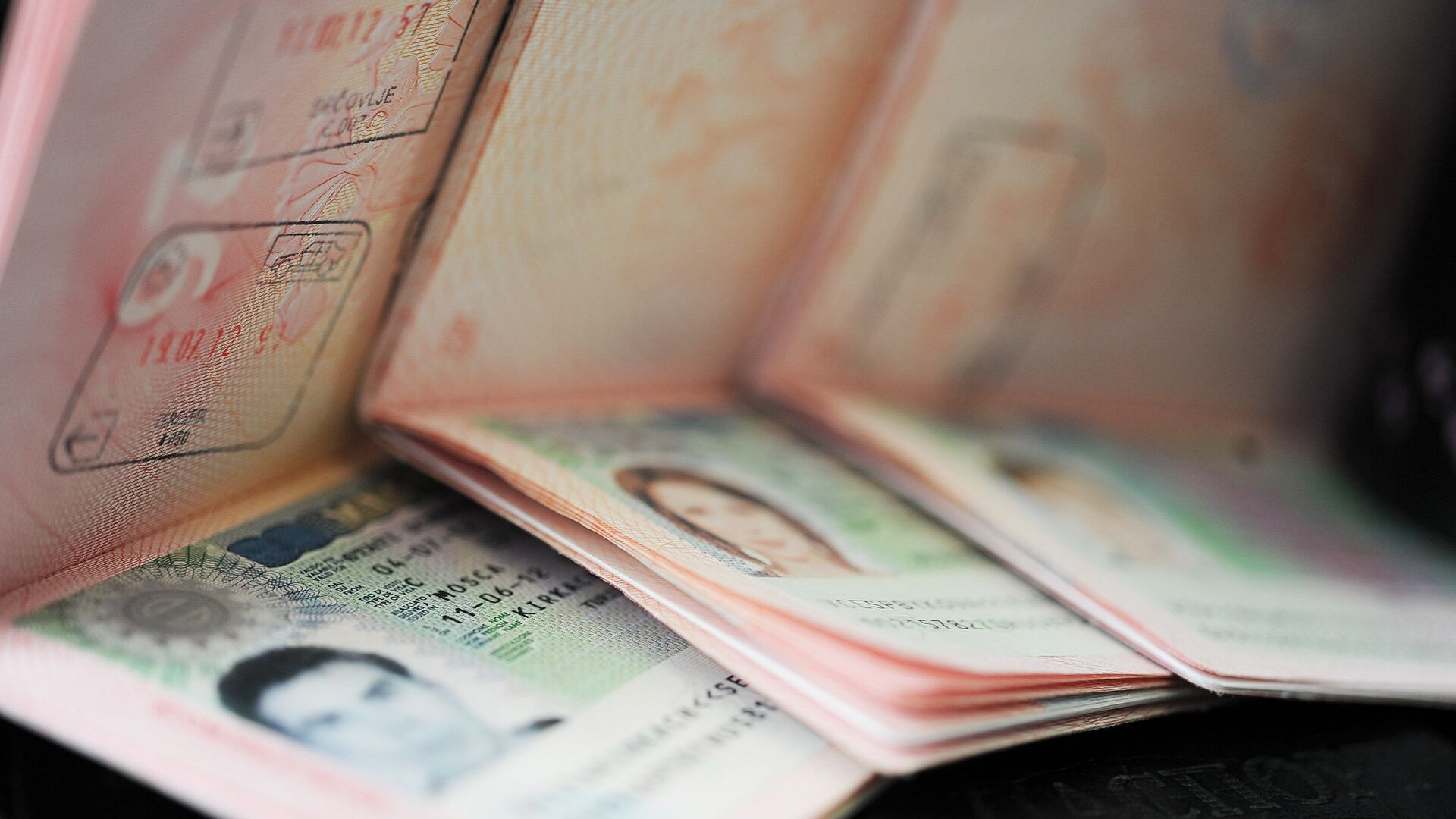Top Austrian Diplomat Considers Idea of Total Visa Ban for Russians to Be Mistake

© Sputnik / Sergei Kirkach
Subscribe
VIENNA (Sputnik) - Russia remains a part of the European culture and the idea of introducing a total ban on the issuance of visas to Russians is a mistake, Austrian Foreign Minister Alexander Schallenberg said on Friday.
"It is important ... to follow a sense of proportion and not go too far. It would be a complete stop of entry for all 144 million Russians," Schallenberg said in an interview with the Wiener Zeitung newspaper.
Austria with its history is well acquainted with Russian realities, the minister said, adding that "the geography does not change, Russia remains part of the history and European culture."
On Tuesday, the European Commission adopted a proposal to fully suspend the visa facilitation agreement with Moscow. The decision will complicate visa application process for Russian citizens and impose more restrictions for multiple entry visas. At the same time, the proposal does not provide for a total ban on the issuance of visas to the country's citizens, as requested by several EU member states. The new visa regime may come into effect as soon as September 12. Brussels also explained that the agreement would be restored as soon as the circumstances that led to the suspension cease.
Travel between Russia and the EU became much easier in 2007 when the agreement came into force. Under the document, visa fees were reduced, the rules for obtaining a multientry visa were simplified, the list of necessary documents was reduced and visas for diplomats were abolished. In late February, after the start of the special operation in Ukraine, the EU partially suspended the agreement, canceling preferences for Russian diplomats and other officials, as well as representatives of the Russian business community. Moscow said that it considers the proposal a manifestation of chauvinism and that such a decision will invite retaliatory measures.
Travel between Russia and the EU became much easier in 2007 when the agreement came into force. Under the document, visa fees were reduced, the rules for obtaining a multientry visa were simplified, the list of necessary documents was reduced and visas for diplomats were abolished. In late February, after the start of the special operation in Ukraine, the EU partially suspended the agreement, canceling preferences for Russian diplomats and other officials, as well as representatives of the Russian business community. Moscow said that it considers the proposal a manifestation of chauvinism and that such a decision will invite retaliatory measures.

